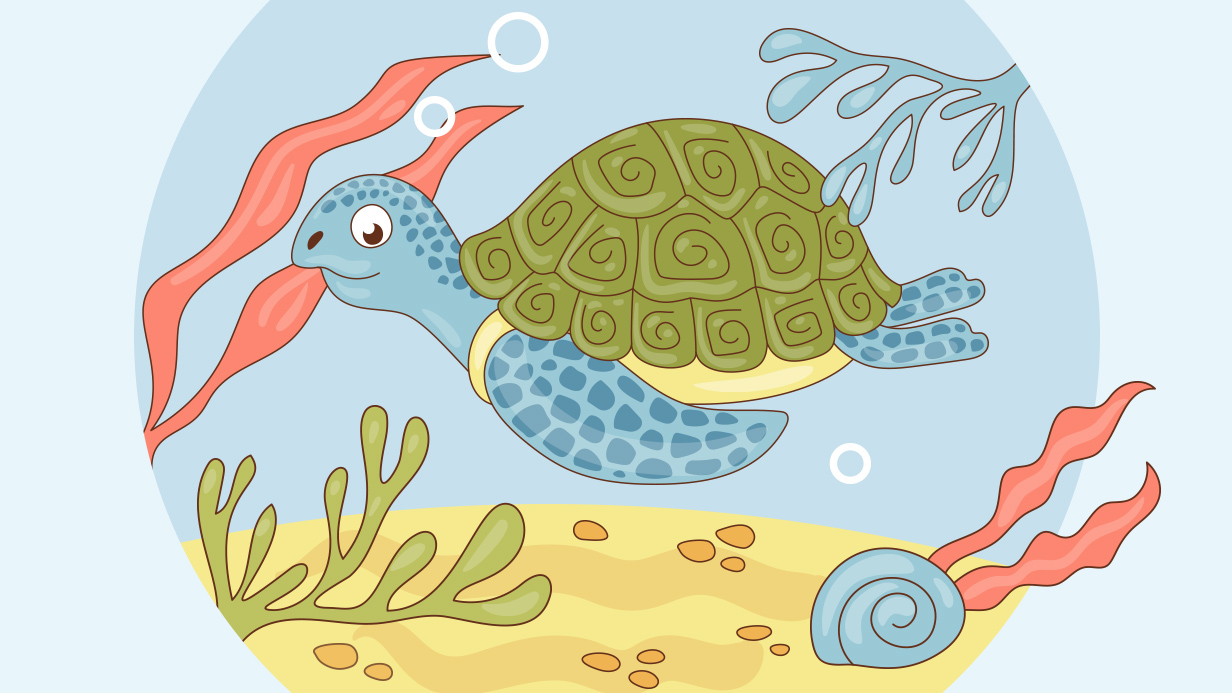Quote for the week
Try to be like the turtle – at ease in your own shell.- Bill Copeland
Stress Management the Turtle Way: Balancing Your Protective Shell and Relationships
In the face of life’s challenges, we all have our unique ways of coping. Some people handle stress like a turtle, carrying their protective shell wherever they go. This metaphorical shell offers a safe space to retreat to when faced with hurt or adversity, allowing individuals to process their emotions internally. While this approach can be beneficial in many situations, it can also lead to relationship issues when others don’t understand or misinterpret the need for solitude. In this article, we will explore the advantages and disadvantages of the “turtle” approach to stress management, provide examples of coping strategies, and discuss why it’s essential not to judge someone experiencing internal struggles.
The “Turtle” Approach to Coping
Imagine a turtle retreating into its shell when threatened – a similar concept applies to individuals who prefer to deal with their problems internally. This approach has its merits:
- Privacy and Security: Like a turtle’s shell, maintaining emotional privacy can create a sense of safety during challenging times. It shields individuals from external stressors and allows them to process their emotions at their own pace.
- Avoiding Unnecessary Stress: By not sharing every detail of their struggles, people can prevent unnecessary external chatter and judgment that may exacerbate their stress.
- Emotional Self-Reliance: Coping internally encourages self-reliance and resilience, empowering individuals to manage their emotions independently.
However, there are potential downsides, particularly in terms of relationships:
- Miscommunication: Loved ones may feel left out or excluded when someone doesn’t openly share their thoughts and feelings. This can lead to misunderstandings and strained relationships.
- Lack of Emotional Support: By keeping their struggles hidden, individuals may miss out on the emotional support and understanding that close relationships can offer.
- Stifling Growth: An overly protective shell may hinder personal growth and prevent individuals from seeking help or learning from others’ experiences.
Balancing Act: Coping Better with Stress
To strike a balance between maintaining a protective shell and fostering healthy relationships, consider the following coping strategies:
- Selective Sharing: Recognize that you don’t have to share everything with everyone. Identify a few trusted individuals with whom you feel comfortable opening up.
- Communication: Explain your coping mechanism to close friends and family. Help them understand that it’s not a lack of trust but a personal way of handling stress.
- Set Boundaries: Establish clear boundaries with others regarding when and how you’re comfortable discussing your emotions and concerns. This can prevent misunderstandings and ensure your needs are met.
- Professional Help: If your protective shell is causing significant relationship issues or affecting your overall well-being, consider seeking support from a therapist or counselor.
- Self-Reflection: Regularly assess whether your coping approach is working for you in different situations. Recognize that what feels urgent today may become less significant with time, but it’s still crucial to address your emotions appropriately.
The Importance of Not Judging
When someone appears to be withdrawing or adopting a “turtle” approach, it’s crucial not to rush to judgment. Internal struggles can be complex and deeply personal. Here’s why:
- Invisible Battles: Often, internal struggles are invisible to the outside world. People may be facing challenges that others cannot see, making it unfair to judge them solely based on their external behavior.
- Respect for Coping Styles: Different individuals have diverse coping styles, and what works for one person may not work for another. Respecting these differences fosters empathy and understanding.
- Avoiding Additional Stress: Passing judgment or making assumptions can add unnecessary stress to someone already dealing with their problems. Support and understanding are more helpful in such situations.
The “turtle” approach to stress management, like the turtle’s protective shell, has its advantages and disadvantages. Striking a balance between maintaining emotional privacy and fostering healthy relationships is key. Understanding and respecting diverse coping styles can create a more empathetic and supportive community, where individuals can navigate their internal struggles with dignity and grace. In the end, it’s essential to remember that everyone has a unique way of coping with life’s challenges, and a little understanding can go a long way in helping them thrive.
